Who is Selecting Whom?
You may have heard of the term “Great Resignation”. In 2020, due to fear resulting from the ambiguity that Covid-19 epidemic caused all over the world, people preferred to continue working on their existing jobs which resulted into low resignation rates. Meanwhile, the way we work started to change because of the pandemic. Remote, flexible working… etc. has entered our lives owing to the necessities of Covid-19 precautions. These obligations made us realize that there are other possibilities on how we work. Indeed, the one and a half year validated that remote working can be an alternative and proved that things can go on smoothly although we work remotely.
However, in 2021 while some companies were looking forward to returning to the traditional way of working, some companies started to benefit from these realizations by providing permanent flexible/remote working options. These options have changed the rules of the game. The cost of changing jobs reduced since remote working put one constraint away: location. Also, accommodation of employees, maintenance costs may have decayed so that the companies may have been more competitive on the compensation side if they decided to invest in attracting real talents. Combining this with the emergence of the medication and vaccination for the pandemic, people have adjusted to live with the pandemic. With the growing across country job opportunities more and more people started quitting their jobs for which triggered the so-called “Great Resignation”.
Why are the people leaving their jobs?
There are many researches on the “Great Resignation” topic. Take 2021 study of Zety, based on 900+ American workers, the first cause is related to compensation. However, you can see the cultural elements in the top 5 scored reasons such as Not being valued by my manager, relationship with my colleagues…
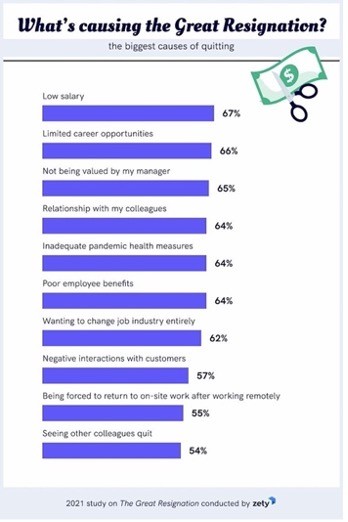
Another research shows the cultural effect relative to the compensation. Saying that “a toxic culture is 10.4 times more likely to contribute to attrition than compensation.”
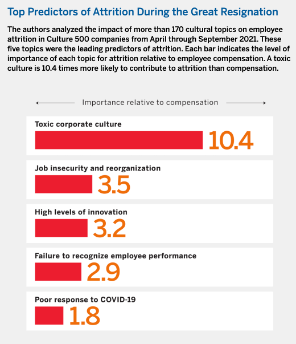
Who is selecting whom?
So how do we take the cultural side into account when forming a team? Or let’s say that you are claiming that you are transforming your company culture, what happens to the existing “jackasses” by the expression of Patrick Lencioni in his book The Ideal Team Player? In this book, Patrick refers to the characteristics of the ideal team player as Humble, Hungry and Smart. A team player is one who builds trust, engages in healthy conflict, makes real commitments, holds people accountable, and focuses on the team’s results. The non-team players are called “jackasses”. When we let one jackass stay in the company, more non-jackasses leave the company. Worse still, when we make them accountable in the so-called selection process, they bring more jackasses to the system.
Even in highly innovative companies, we see relatively higher attrition rates. Surprising? While spending hours ambitiously among the company objectives, we are spending our lives. Therefore, people want to spend these hours in a more culturally-compatible environment with joy.
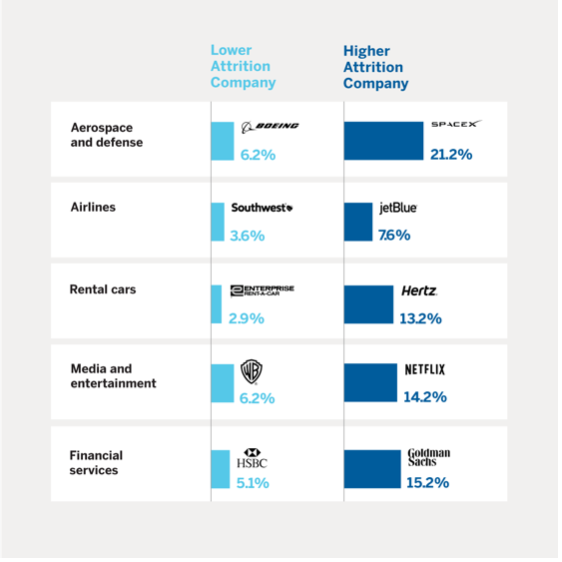
In Spotify, according to Katerina Berg, culture comes first when selecting. No matter how you are perfectly fit for technical skills, if you do not comply with the culture there is no room for you in the company. Similar to Zappos…
You work hard to create good team dynamics, even so, you apply self-selection as a showcase within the company. But what happens when you don’t support these practices with empowering teams about hiring decisions? Then, teams end up with one person may be with good technical skills, but a poor team culture fit… This is a fact on how you are transforming as well. Do you change only practices that teams use in daily lives or do you have the courage to adjust your core processes as well?
Is it too utopia to let the teams decide who to work with? I have had a chance to experience this in a few companies both ways, both as a candidate and a recruitment angle. From the candidate's perspective, I can say that I was delighted to be able to experience such an approach. As a candidate, I have a right to know who my potential teammates are in advance so that my decision is supported by more transparent data. From the recruitment angle, I have benefited the opportunity of deciding altogether with the team by their contributions on different perspectives, observations leading to more data points leading to more sound decisions.
Also, at this point, with such flexibility and countless remote job opportunity all over the world, are companies selecting people or people are selecting their companies or teams? We are cozy in our comfort zones. We continue to use the methods we are accustomed to by taking the easy way out, even though the conditions have changed. I believe it’s time to change our perspectives…

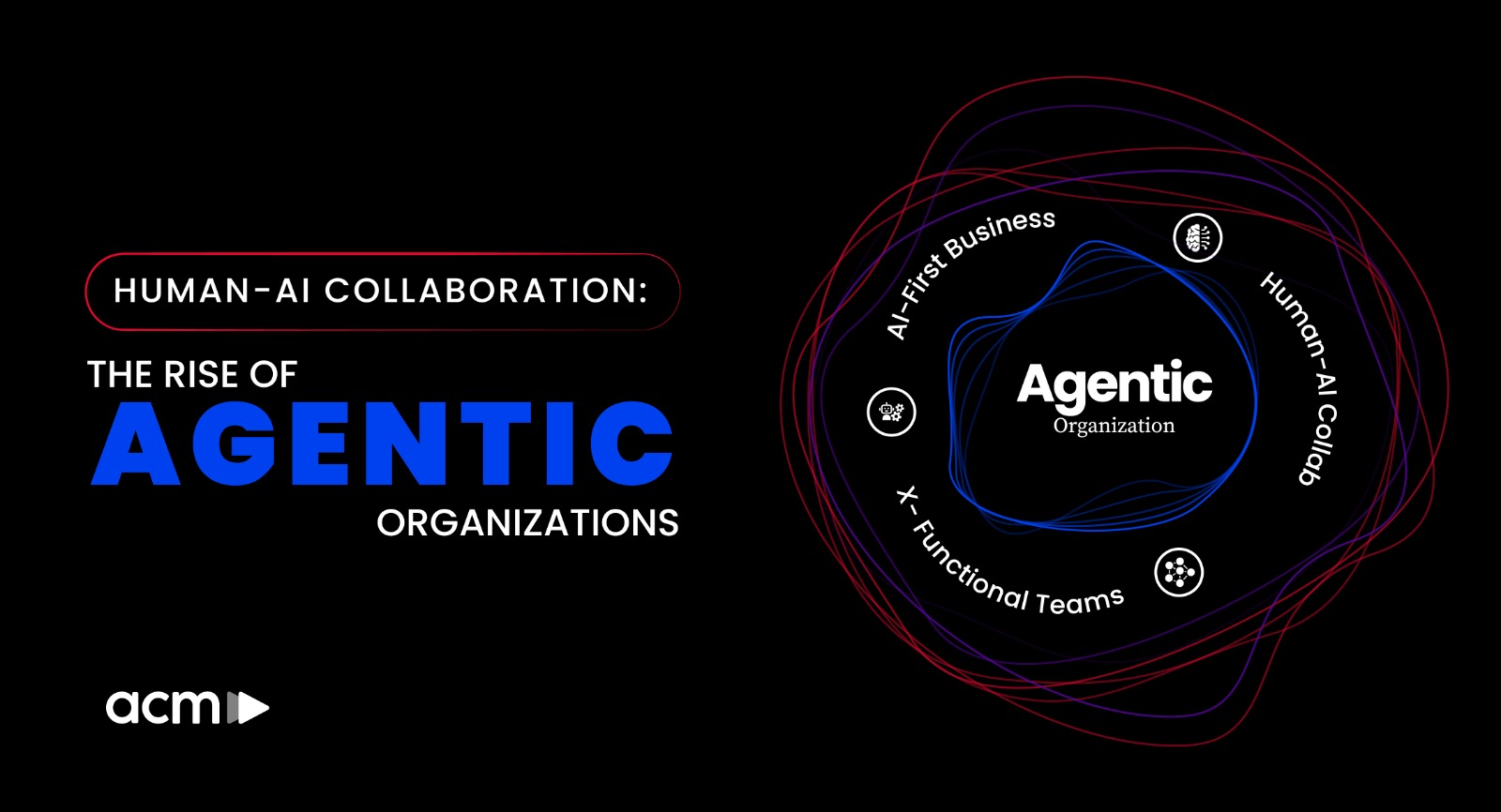

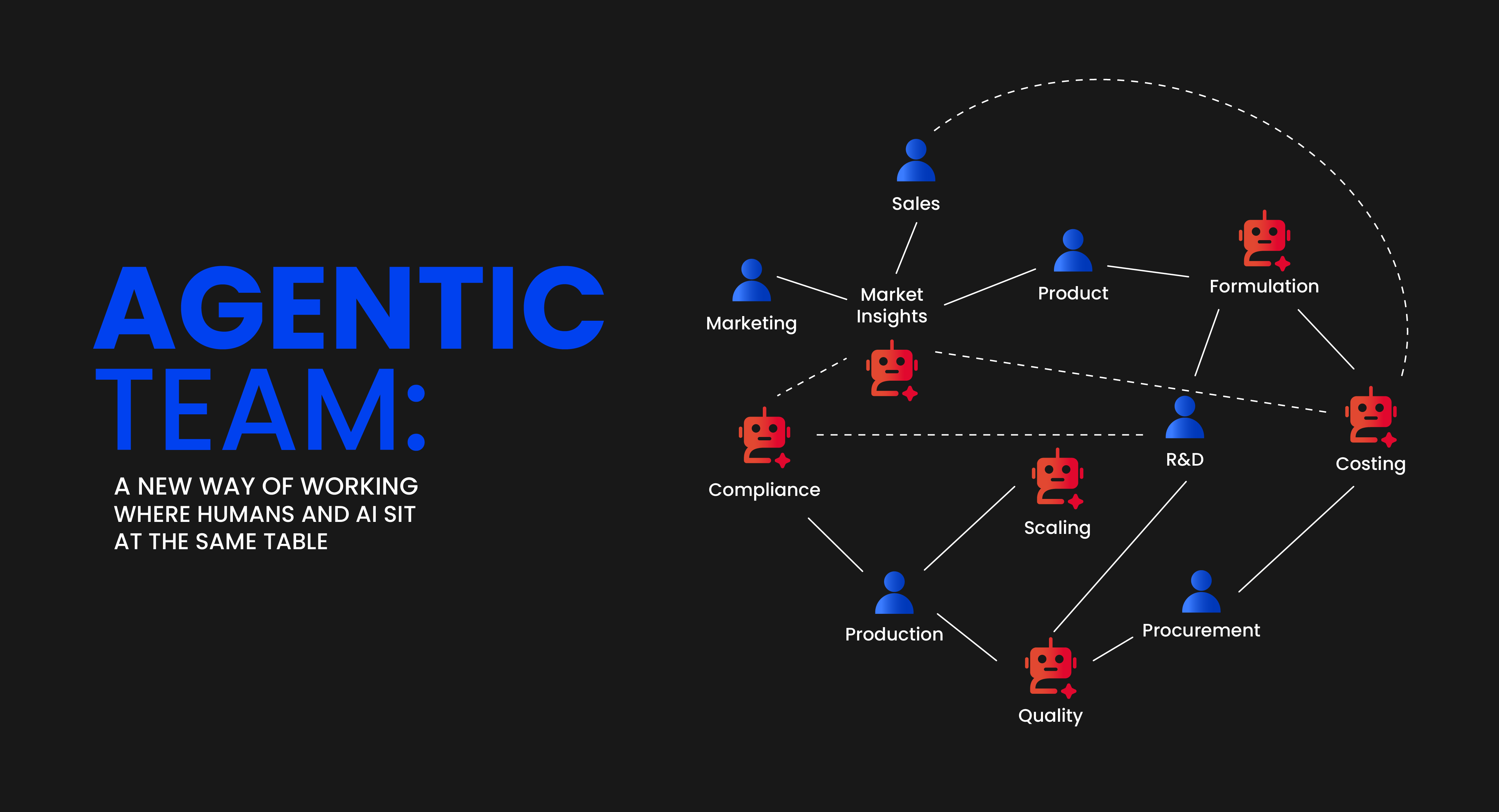
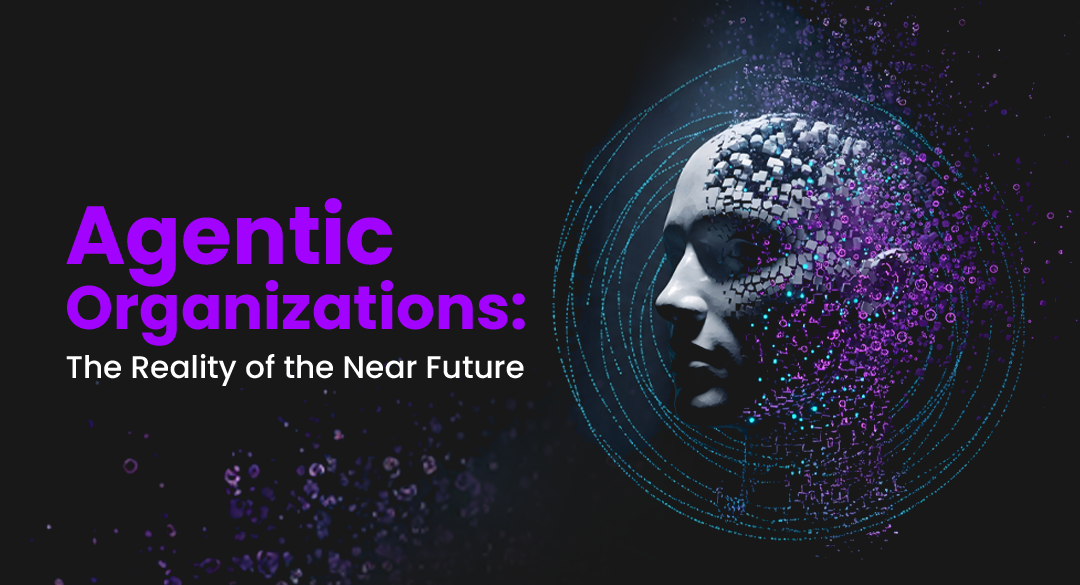

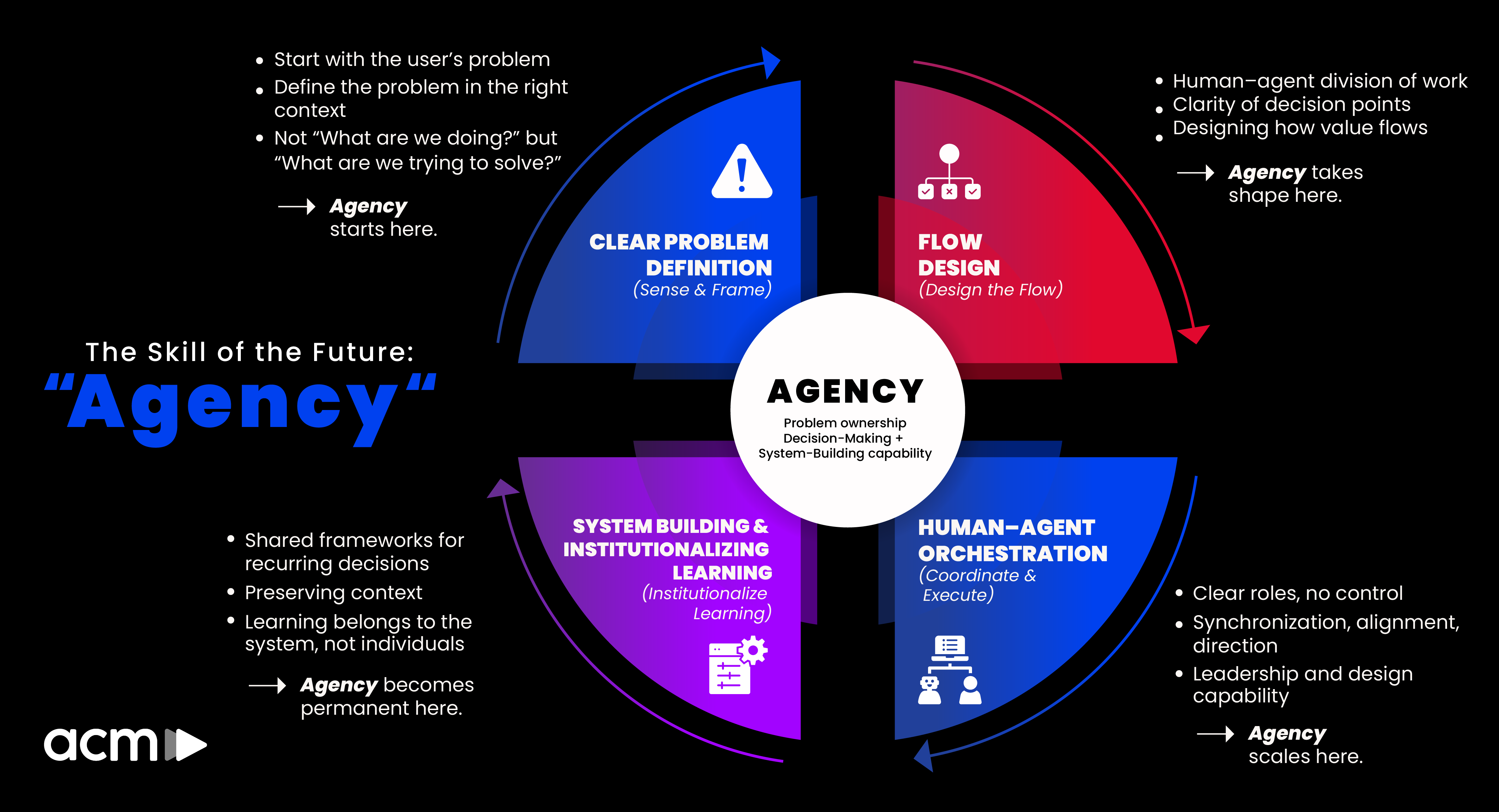

Comment(s)